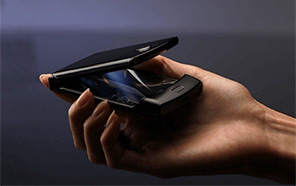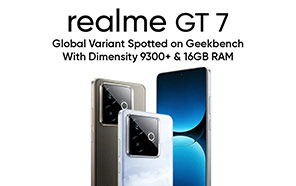As reported just yesterday, Samsung’s betting on nostalgia and is allegedly bringing a clamshell form factor to its next iteration of foldable smartphones. Courtesy of their official sources, Motorola wants in on this trend of folding smartphones. And their answer to Samsung Fold (the 180-degree bendable phone)? The flip-style Moto Razr 2019.
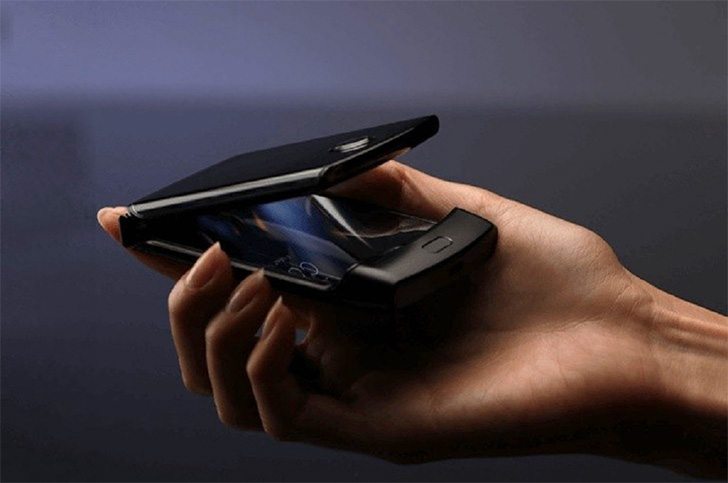
Following weeks of teasing, the official-looking Motorola Moto Razr 2019 early renders have finally been published online. The leaks stem from a Twitter account, but they seem to be snapshots of an official teaser ad. The set of renders presents a clear view of the design.
This resurrected Razr appears to have borrowed part of its design language from the retro Razr V3 from 2004 – that is, a near-identical clamshell form factor. The promo images, coupled with past rumors give us a glimpse into what this novelty smartphone has to offer.
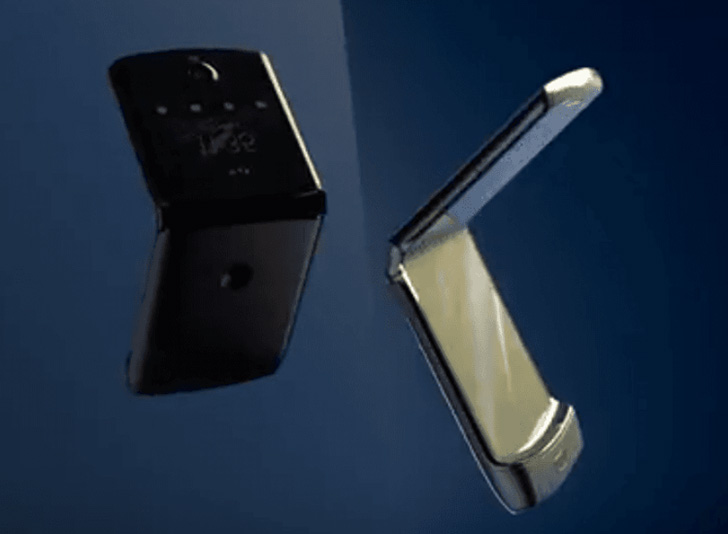
First things first. The Razr 2019 design. You’re looking at a heavy protruding chin that houses a nearly-obsolete physical home button which could double as a fingerprint reader. It folds in on itself, thanks to the once-popular hinge mechanism but the split display sits on both halves of the phone. The top half of the phone holds the camera and the display itself appears to be a one-of-a-kind curved screen with a 23:9 aspect ratio.

But perhaps the most intriguing key feature of Moto Razr 2019 is just how thin the phone is when folded. As opposed to the Samsung Galaxy Fold or Huawei Mate X, (which, when folded are as thick as two phones stacked on top of each other) the Razr seems to be half that thickness.
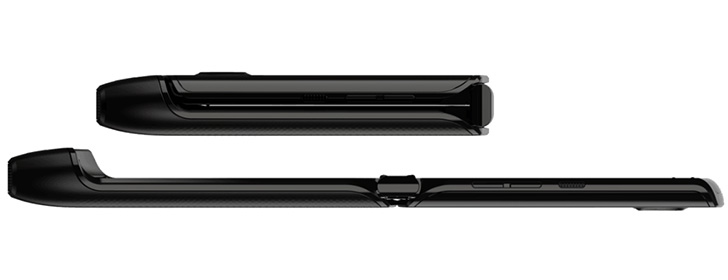
Not only does it mean that Motorola (a now small name in the phone industry) has beaten major players like Samsung to the market with their clamshell smartphone, but it is also a few paces ahead of the "bendable smartphone" race.
Under the hood, the new Motorola Moto Razr is speculated to be powered by a Snapdragon 710 processor, 4-6 GB of RAM and either 64 GB or 128 GB of storage. Similar rumors also point to a 2730 mAh battery, but these specs remain uncorroborated.

